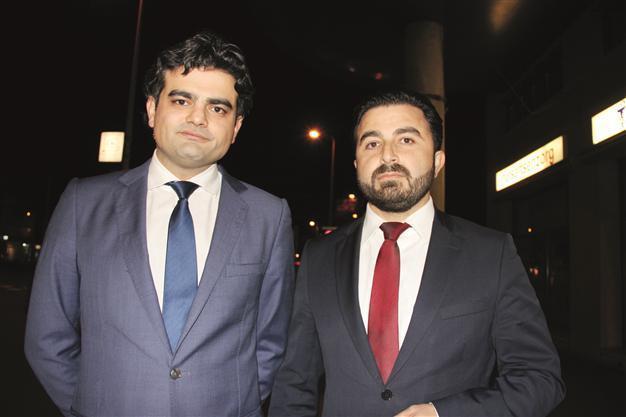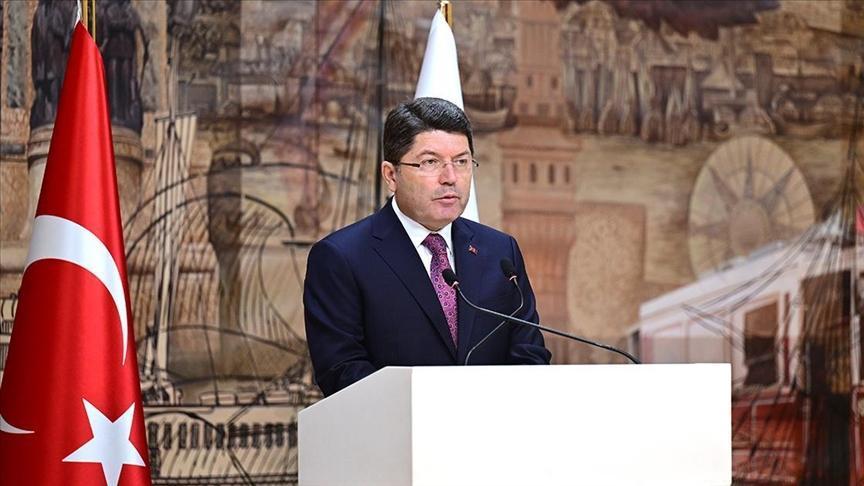Dutch party expels two Turkish-origin lawmakers
AMSTERDAM

Selçuk Öztürk (R) and Tunahan Kuzu (L) spoke to the Turkish media after being expelled from the Dutch Labor Party (PvdA) on the night of Nov. 13.
Two lawmakers of Turkish descent from the Netherlands’ Labor Party (PvdA) have been expelled after refusing to support their party’s critical remarks about a number of Turkish organizations that were accused of being “too focused on promoting Turkish and Islamic identity.”The social democratic party, which constitutes one half of the coalition governing the Netherlands, decided to oust Dutch lawmakers of Turkish descent, Selçuk Öztürk and Tunahan Kuzu, during an emergency meeting on the night of Nov. 13, as they refused to support Deputy Prime Minister Lodewijk Asscher’s integration policy.
Speaking to Turkish media on Nov. 14, the parliamentarians said they were asked to sign a declaration during a party meeting aimed at stepping up surveillance on four Turkish organizations, but they refused to do so and were removed from the party as a result.
“We are experiencing a sad day in Netherlands’ democratic history,” said Kuzu. “Elected lawmakers have been attempted to be silenced. We didn’t accept this and never will. We will work to bring a new voice into the harsh integration policy that has become more racist, stiff and right-wing over the past 10 years and we will express this in Parliament until our last breath.”
Öztürk also vowed to continue responding to the needs of millions of people who think they are not represented. “Millions of people feel they are not represented in the Netherlands Parliament. We wanted to respond to these people, but the party didn’t allow it. They wanted us to remain silent. We didn’t and we won’t,” he said.
According to Dutch reports, the PvdA wanted to monitor a number of conservative Turkish organizations, as Asscher argued they are interfering with the integration of Turks into Dutch society by promoting Turkish and Islamic identity values.
Asscher had reportedly written a letter to the Dutch Parliament, asking to put four Turkish Islamist organizations under close watch for five years over allegations of violation of transparency rules and lack of harmony with the Netherlands' integration policies.
















